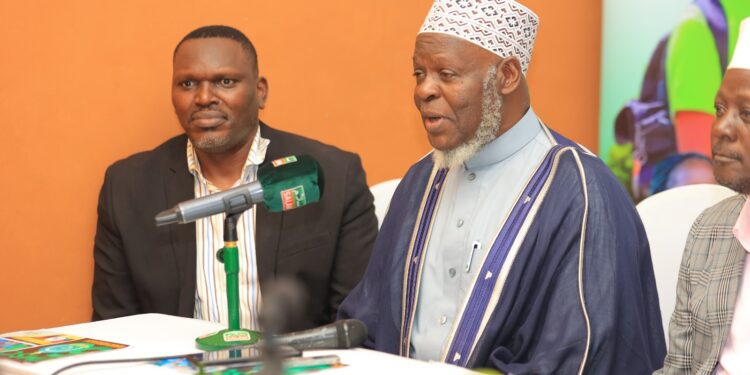In a transformative move towards environmental sustainability, Uganda Little Hands Go Green, in partnership with the Uganda Muslim Supreme Council (UMSC), announced an ambitious plan to plant 2 million fruit trees across Uganda. This initiative commemorates the council’s Fifth Day celebrations and underscores the profound connection between faith, culture, and environmental responsibility.
The campaign’s focus on fruit trees holds ecological and economic significance. Fruit trees not only provide essential nutrients and food security but also play a crucial role in combating climate change by absorbing carbon dioxide, reducing soil erosion, and supporting biodiversity. In a country known as the “Pearl of Africa,” preserving its green landscapes is not just a matter of pride but a necessity for survival. Uganda’s lush mountains, forests, and rivers form a delicate ecosystem that requires immediate and ongoing conservation efforts.
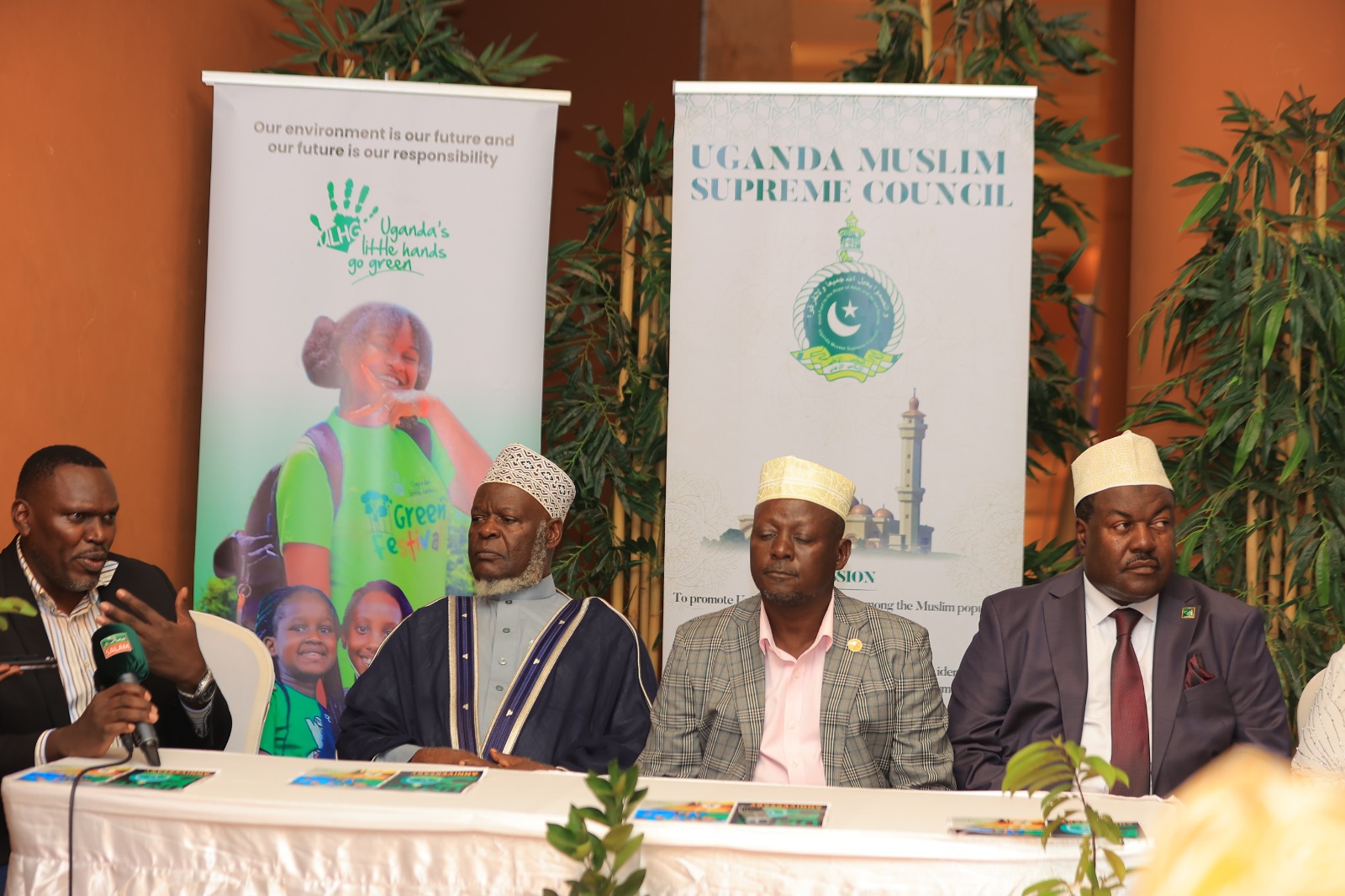
Deforestation remains one of Uganda’s critical environmental challenges, leading to severe consequences such as desertification, landslides, and the loss of wildlife habitats. “Uganda is loved because it’s a green country,” remarked His Eminence Dr. Shaban Ramadan Mubaje, the Mufti of Uganda. “But nations that neglect their environment face desertification and landslides. We must protect our forests, mountains, and rivers to maintain our identity as the Pearl of Africa.” The Mufti emphasized that regions worldwide suffering from environmental neglect serve as cautionary examples for Uganda’s future.
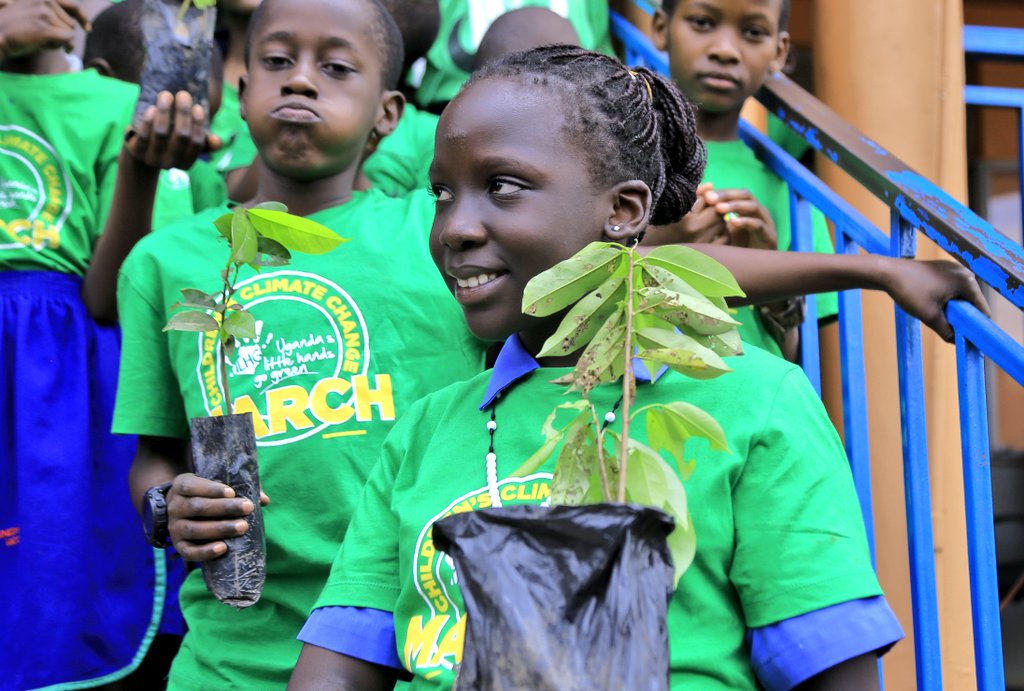
Moreover, the campaign highlights the role of faith in promoting environmental stewardship. Islamic teachings emphasize the importance of tree planting, with the Quran advocating for care of the earth. “If the final hour finds you holding a palm tree, and you have a few seconds before you die, plant it,” an important teaching reminds believers. This principle underscores the broader message that caring for the environment is a moral and spiritual duty, aligning with values held across different faiths and cultures.
The focus on engaging children and communities ensures a long-lasting impact. The initiative aims to instill a sense of responsibility and connection to the environment by involving young generations. “We work with children because their ecosystem involves families—mothers, fathers, brothers, sisters,” organizers explained. “We must impart this knowledge to ensure that Uganda remains green for generations.”
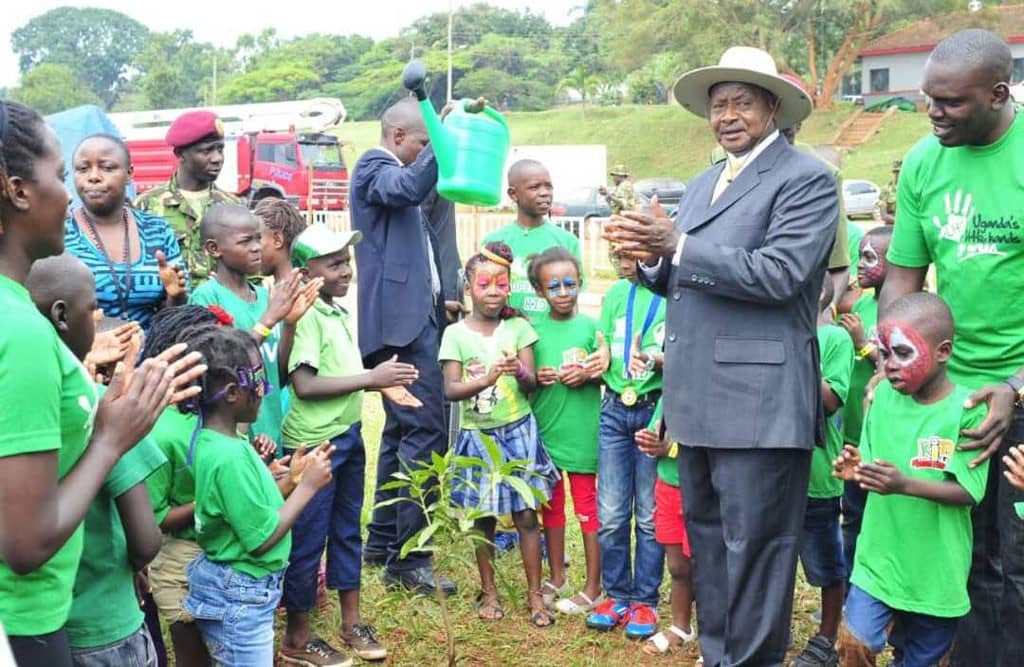
The campaign’s endorsement by President Yoweri Museveni and the Speaker of Parliament Anita Among further emphasizes its national significance. This initiative is not just about planting trees but fostering a culture of environmental awareness and action. By rallying communities, religious leaders, and government support, Uganda is setting a powerful example of unity in the fight against climate change.
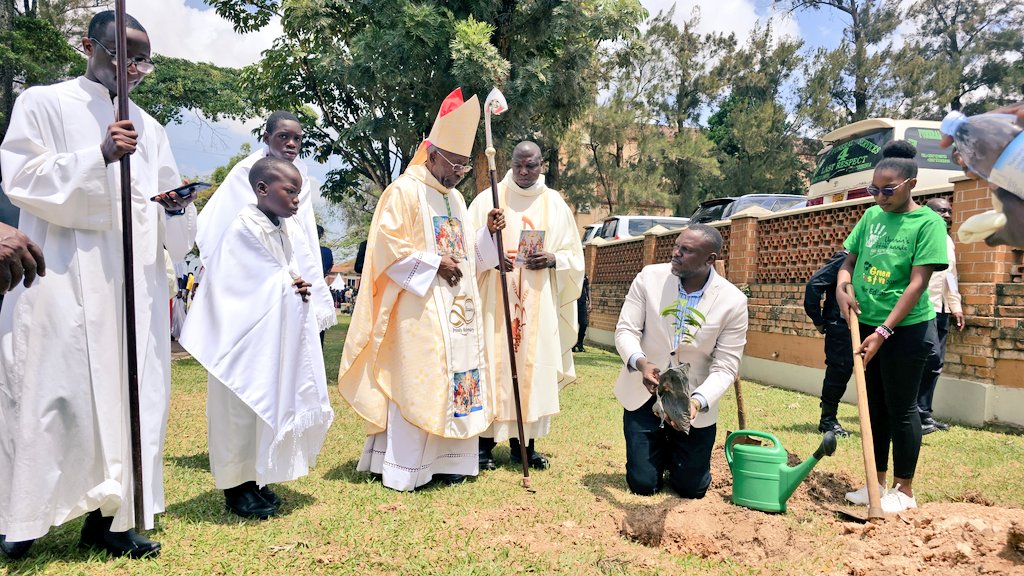
As the campaign takes root, it symbolizes more than just ecological conservation. It represents a collective effort to safeguard Uganda’s natural heritage, driven by faith, culture, and a shared vision for a sustainable future.
Meanwhile, an official 50-year celebration of the Uganda Muslim Supreme Council (UMSC) will be held at Kololo Airstrip on December 12th, with H.E. President Yoweri Museveni presiding over the event. This milestone gathering will not only commemorate five decades of the UMSC’s contributions to Uganda but also mark the formal launch of the 2 million fruit tree-planting campaign.
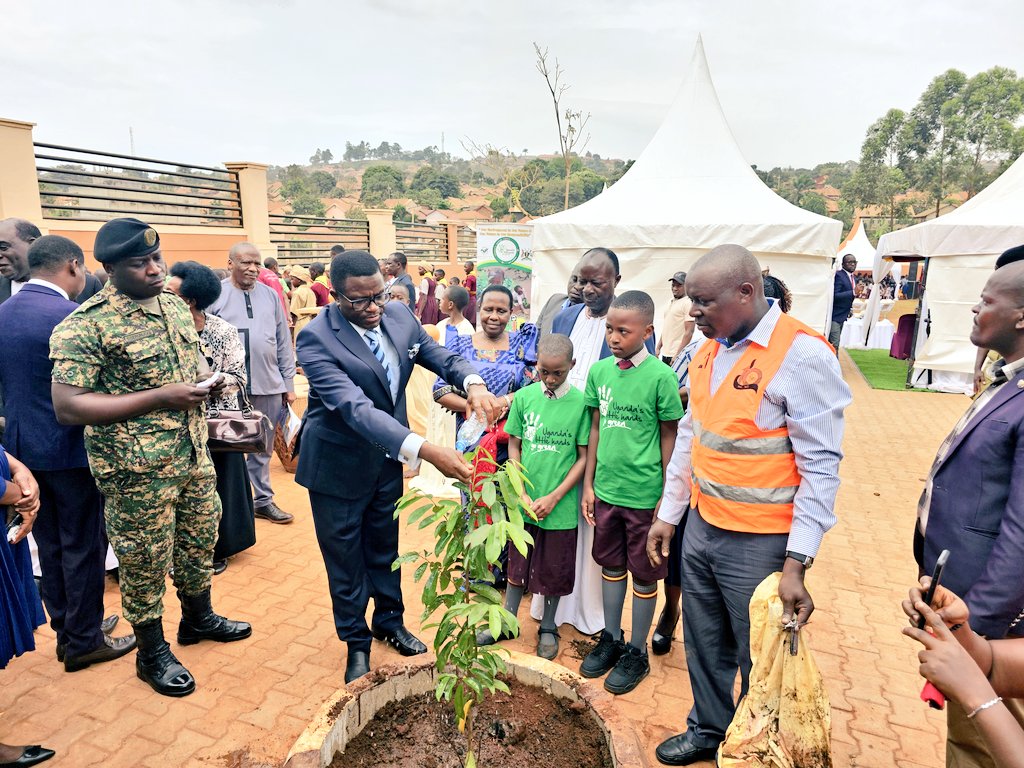
This initiative, developed in partnership with Uganda Little Hands Go Green, aims to promote environmental conservation, food security, and community involvement across the country. The event is expected to draw dignitaries, religious leaders, environmental advocates, and members of the public, highlighting the significance of integrating faith and culture into sustainable practices. The tree-planting campaign underscores a national commitment to preserving Uganda’s natural heritage and ensuring a greener future for generations to come.
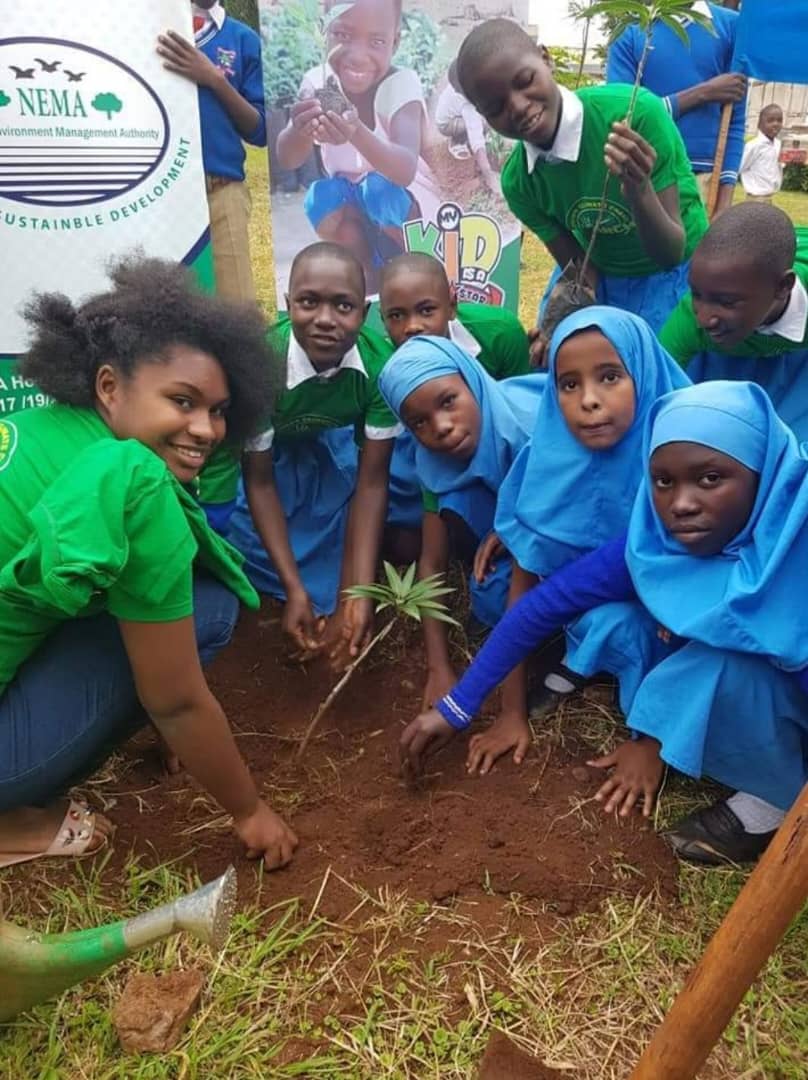
Meanwhile, Uganda’s Little Hands Go Green is a civil society organization based in Uganda that is the 2-time proud recipient of the National Environmental Recognition Award from NEMA the National Environment Management Authority and also won The Rotary Vocational Service Award 2017/2018 for pioneering a new model that seeks to assign proprietary interest of our society’s social change to our children.
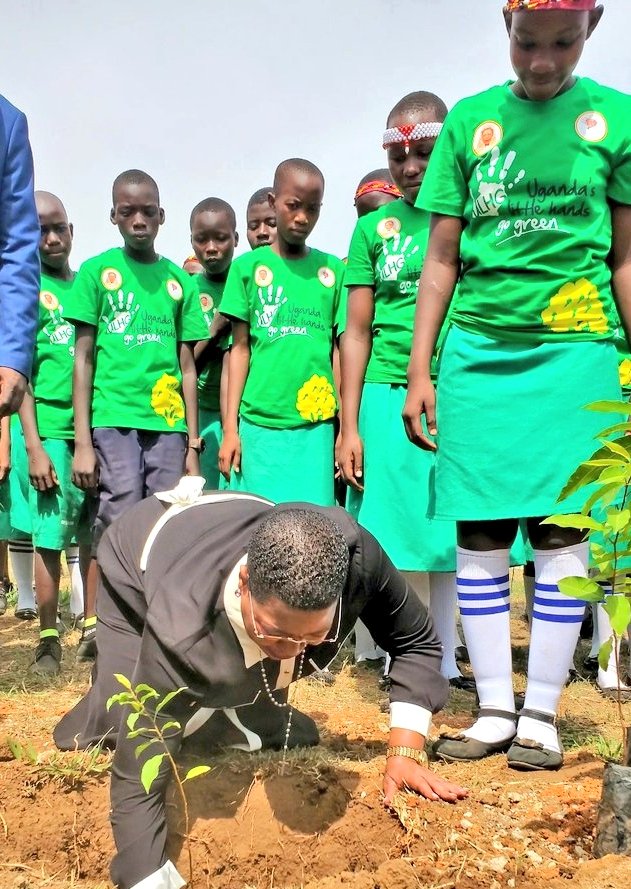
Established in May 2012, Uganda’s Little Hands Go Green has taken centre stage in driving civic engagement and social awareness around the environment, meaningful child participation, the rights of children especially the girl child, and gender equality.
With a network of over 1M Green ambassadors in schools and communities across over 80 districts in Uganda, Little Hands Go Green remains the biggest child-led civic engagement organization in Uganda and across East Africa.
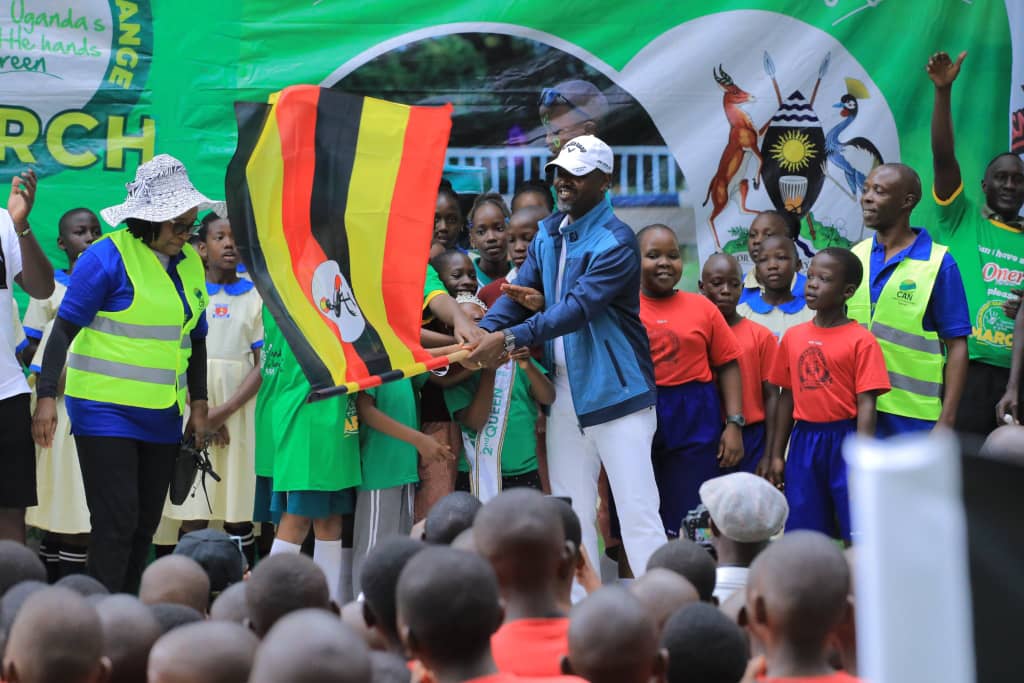
While, the UMSC was established on the 1st of June 1972 as an unlimited company without share capital and not for profit. It’s a perpetual body unifying all Muslims of Uganda with the Supreme legislative body called the General Assembly in which all powers of the UMSC reside, and other Organs as stipulated in its constitution.
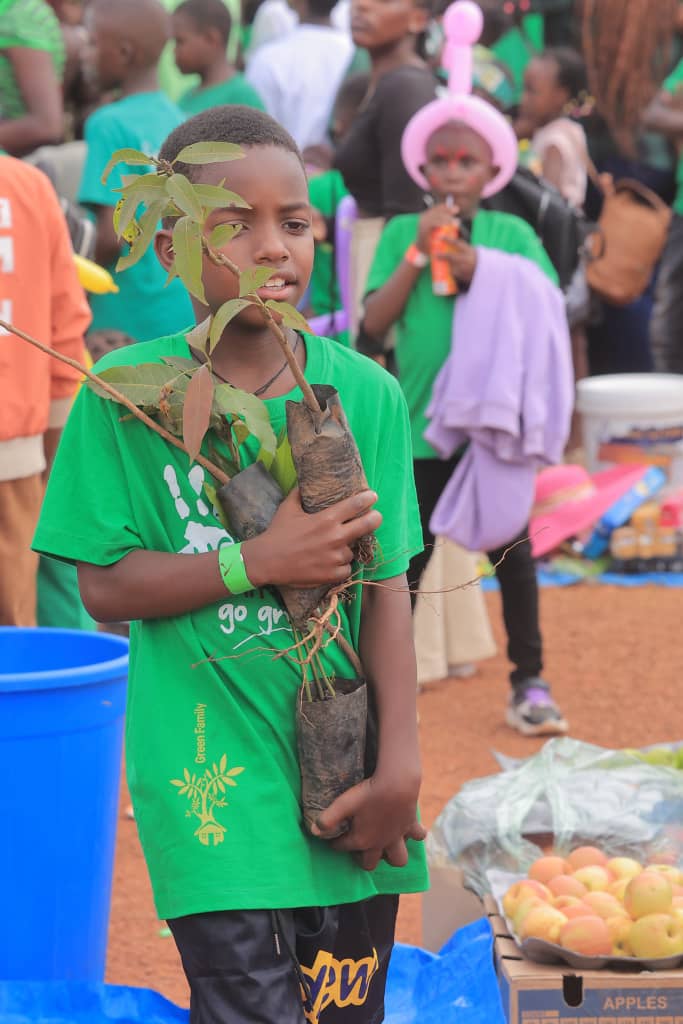
It is a national umbrella, organization of all Muslims, organizations, and institutions in the country. As you may be aware, on the path of physical development, UMSC acquired its National Mosque and the seat of Muslim National leadership.
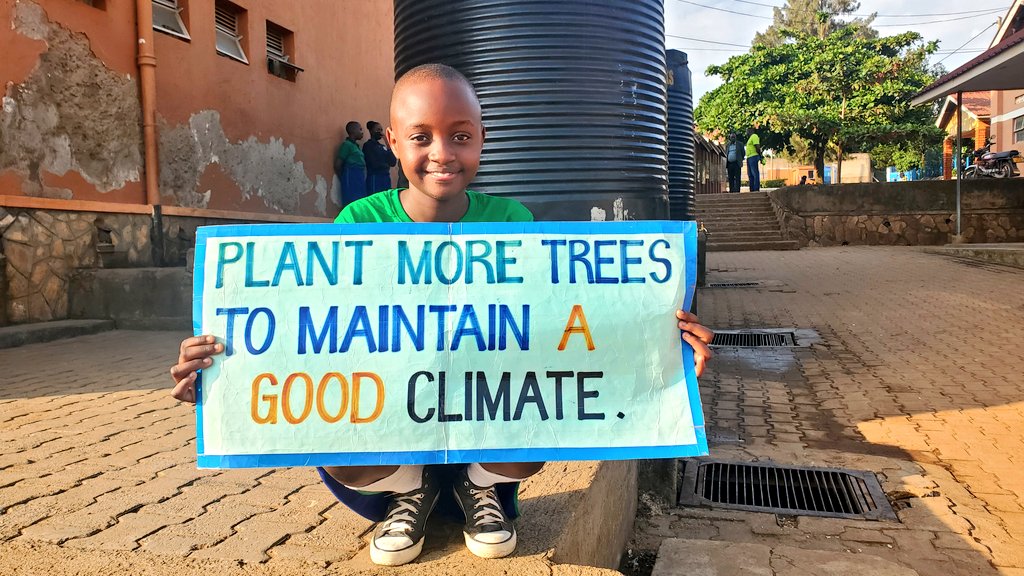
Do you have a story in your community or an opinion to share with us: Email us at editorial@watchdoguganda.com


